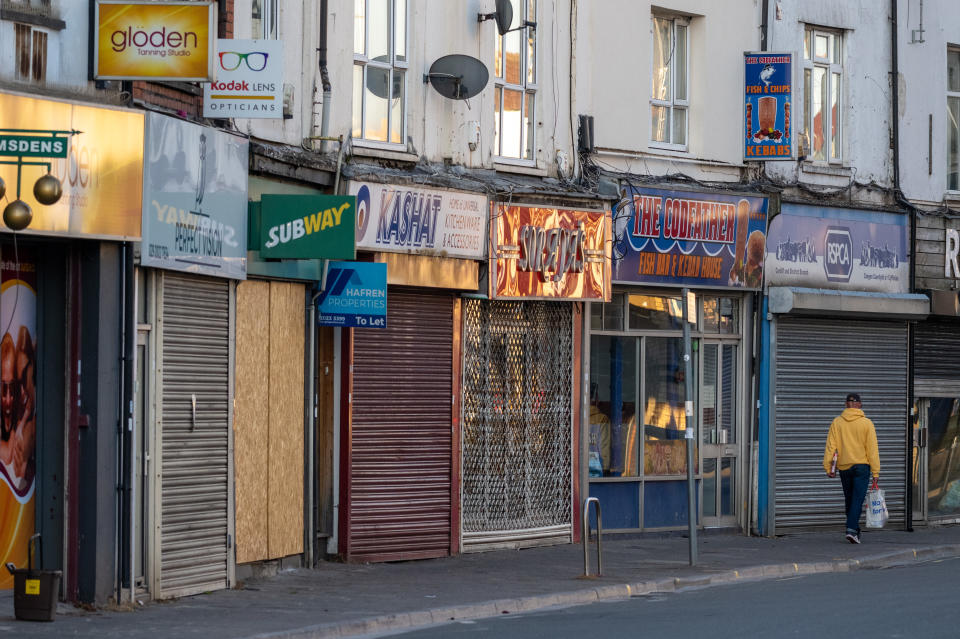Coronavirus: Small businesses shun government loans due to affordability fears

Small businesses are shunning government-backed coronavirus support loans due to fears that they may not be able to pay them back.
The British Chamber of Commerce (BCC) said on Wednesday a survey of its members found 57% had no plans to apply for coronavirus business interruption loans (CBILs). A third said they were put off by concerns around affordability.
Companies can borrow up to £5m ($6.2m) under the government’s CBIL scheme to support their business during the lockdown.
The government has agreed to stand behind 80% of these loans, giving lenders security, but borrowers remain liable for the full amount. While the loans are interest free for the first 12 months, they revert to mainstream commercial borrowing rates after that. Business-owners looking for sums above £250,000 may also be asked to put personal savings and second homes up as guarantees for the loans.
READ MORE: Boris Johnson signals no quick end to economic lockdown
“It may become necessary for the government to consider grants, rather than loans, for some of our hardest-hit firms – who are concerned about taking on debt amid unprecedented economic challenges,” said Dr Adam Marshall, director general of the BCC.
The BCC’s findings raise more concerns about the functioning of the government’s flagship business support scheme, which has so far failed to provide anywhere near the level of support promised.
The government said last month it would offer £330bn of support for businesses of all sizes through state-backed loans. Almost £30bn-worth of loans have been approved for big businesses. But so far just £2.8bn has reached small and medium-sized businesses.
Chancellor Rishi Sunak on Monday overhauled the CBIL scheme, streamlining the application process in a bid to get cash to businesses faster. He also announced a new “Bounce Back” loan scheme, offering 100% state-backed loans under £50,000 for micro-businesses.
The BCC’s survey of 700 members was conducted between 22 April and 24 April, before the changes were announced.
“Our data shows loan support has not been getting to businesses fast enough, so this week’s announcement of the Bounce Back loan scheme and further improvements to the CBILS scheme are welcome steps toward getting cash to businesses on the front line,” Dr Marshall said.
READ MORE: Coronavirus: 30,000 jobs could be lost in UK oil and gas industry
“There can be no let-up in the pace of work to get cash to stricken businesses, and ministers must keep an open mind on making even more changes to the support available.”

 Yahoo Finance
Yahoo Finance 